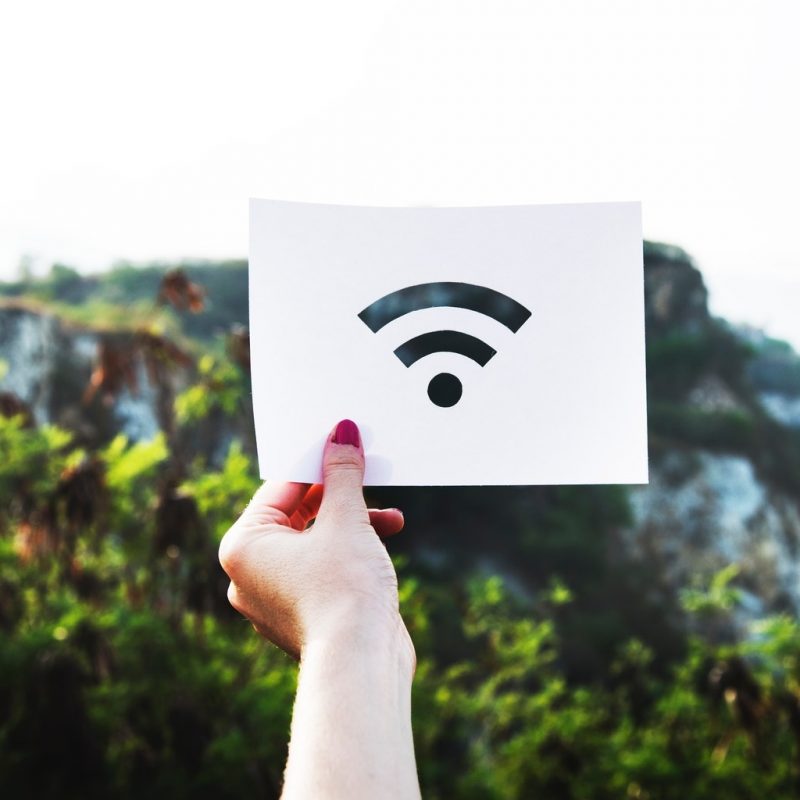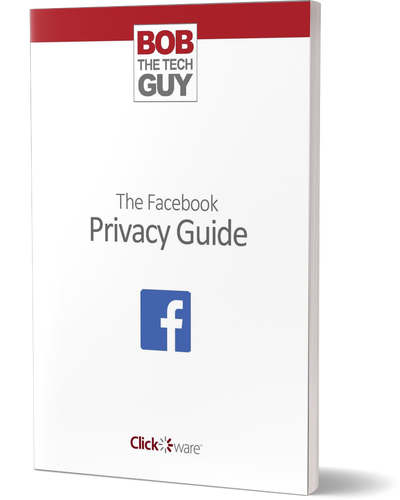Have you ever heard of the “Internet of Things”? It’s a term used for all kinds of “things” that are connected to the Internet. Like the Nest thermostat, some refrigerators, tennis racquet, FitBits and there are even toothbrushes that that use the Internet to monitor stuff and “make your life easier.” If you have anything labeled “Smart” in your home (or office) that’s connected to the Internet – you’re using some form of the “Internet of Things” – also known as IOT.
The idea is that, eventually, all these things would communicate with each other and we would have…. wait for it… “Smart Homes”; or “Home Automation”; or, as I like to call it “1984”.
I *generally* like the idea that mundane tasks I do all the time be automated with technology. It would be nice for my home to “know” when I get home and automatically heat up the spa, pre-heat the oven, remind me that I need to pick up some milk on the way home, etc. The issue is – we’re just not there yet. Not by a long shot.
Every manufacturer is out there building their own “standards” and are hoping that everyone ELSE will adopt their way of doing things. The result is that most stuff from different manufacturers can’t talk to each other. Your Samsung “smart” refrigerator (it can Tweet for you and stream Spotify – only $2,500 – $4,500 USD) can’t talk to your Sony “smart” TV. Your “smart” Nest thermostat can’t talk to your “smart” watch. Your “smart” assistant (think Amazon Echo, Alexa, HomePod, etc) can’t talk to your “smart” devices either.*
That brings me to the other “little wrinkle” with this whole “connected lifestyle” – security and privacy.
I put out a PDF on my experience of downloading all my personal data hat Facebook has been storing for the past decade…. (spoiler: YIKES!)… and I’m really pretty reluctant to (knowingly) let all my personal data just fly around the Interwebs so I don’t have to walk over and turn on the air conditioning.
Also – what in the hell are you supposed to do if one of the devices gets a virus? And because they’re all connected – would every single device become infected as well? Does that mean you’re truly good and hosed? I can barely keep my laptops virus free – I don’t even know how I would quarantine a virus that poppped up on my refrigerator.
Aaaannnnnd – don’t even get me started on the whole privacy-thing.
Think about it. We’re already leaking tons of personal data to a ton of 3rd party companies (and dozens more who buy our data) just through our everyday lives. If you have a mobile phone, it connects to the nearest cell tower every time you start it up. That tells the tower that you’re “there” and able to receive calls… aaaannnnndddd… there is a computer that keeps track of that information (actually, so does your phone).
Do you use the traffic app called “Waze”? If so – you’re using your mobile data to send your GPS coordinates to Google almost in real time… that’s how the whole thing works. If you have “Find my Phone” – it’s the same thing – it’s transmitting where it is via GPS…. If you have a “smart assistant” activated on your phone – it’s *constantly listening* (and potentially transmitting) for their activation key phrase. However, to do this it has to listen to *everything, all the time*.
So – I have some data privacy questions about all this IOT stuff:
Who owns that data? Do you? Does the company? How about if multiple devices “work together” – do ALL the companies own the data? How long do they keep it? What do they do with it (besides sell it to data aggregators and advertising agencies)? How do you know what they are tracking? Can you download your own data – and if so is it company-by-company or is there a central repository or ??
Then there is the whole issue about Security.
With all the aforementioned data that is going to be stored by all kinds of companies in all kinds of places – what if someone (and someone WILL) hacks into that data? Who is responsible? The company that made the device that originally tracked that piece of information? If all these devices are connected – does that mean if ONE is hacked – are all of them hacked? Do all these devices connected to the Internet make my home (or office or school) more vulnerable to a hack?
Then – there’s this recent headline: “Hackers stole a casino’s high-roller database through a thermometer in the lobby fish tank”**. I swear. I’m NOT making this up.
I have no doubt that as time goes on – we’ll be more and more connected to the devices in our lives – and they, in turn, will be more and more connected to each other. And, maybe in 15 years – the whole “privacy” and “security” things will be a thing of the past… but for now – I think I’ll just get off my ass and turn on the air conditioner the old fashioned way.
- Technically, you can connect to a Nest using Alexa by using a service like If This Then That (IFTTT – www.ifttt.com) – a web service that can tie some internet-connected devices together.
** http://www.businessinsider.com/hackers-stole-a-casinos-database-through-a-thermometer-in-the-lobby-fish-tank



